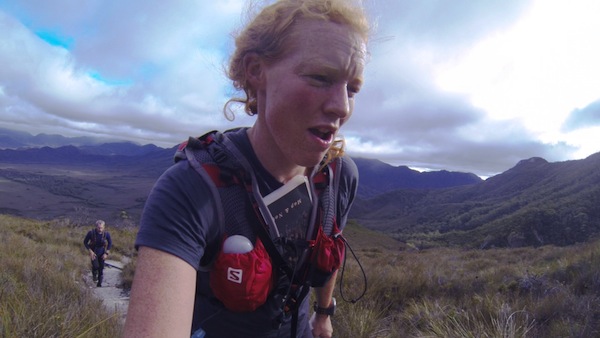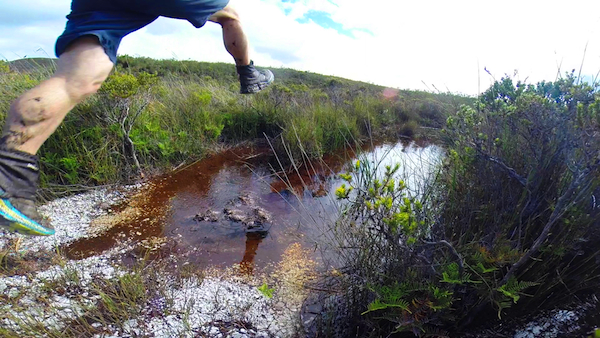Governments don’t want to talk about climate policy, but determined individuals are funding quality sources of information [9 June 2015 | Peter Boyer]
Intangible and elusive, climate change slips past unnoticed. Like growing older, we only see it when it’s already passed.
We also find it hard to get a handle on what the world is doing about it. Climate abatement policy is well outside the scope of popular thinking. How many of us really understand the arcane workings of the various emission-reduction schemes and national targets?
Which is why we need people and groups that can give form to climate change and make it real for people and governments. Organisations like the Climate Council. The Abbott government extinguished the Climate Commission, set up to inform the public about climate change, two days after coming to office in 2013.
Within a week, the Climate Council had risen out of its ashes. The amazing support for the council from a crowd-funding appeal – about $1 million in a week – revealed that Australians in their tens of thousands will dig deep to fund well-researched, authoritative climate information.
Jen Boocock is one such benefactor, along with fellow-Tasmanian ultra-distance athletes Jenny Sprent and Stephen Rae. You may remember the trio’s run through Tasmania’s wildest places 10 weeks ago to help keep the council going. Not content with a personal donation to help climate advocacy, Boocock persuaded Sprent and Rae to join her in a non-stop 164-km run along a route that bushwalkers take the best part of a fortnight to complete. They did it in 48-hours.
The athletes’ video record of encounters with bogs and waterways, rocky slopes and wide vistas across the southwest wilderness was the raw material for Running Out Of Time, a short movie launched in Hobart last week.
Producer Mark Horstman and editor David Pyefinch have delivered a mesmerising account of the three runners’ efforts, which raised over $15,000 for the council. They’re all climate champions.
Another is eminent Sydney biologist and Climate Council member Lesley Hughes, who fronted a packed auditorium at the launch to thank the runners and hundreds of their supporters and talk about the council’s 20 months of work.
Hughes was chair of the Tasmanian Climate Action Council for the last few years of its existence, until in an echo of the Climate Commission’s demise the Hodgman government axed it last year. Another echo: a new privately-funded body, Climate Tasmania, has now replaced it.
Hughes’s message was that with human-induced climate change already happening, halfway through “the critical decade” we are fast running out of time to do something about it. Her list of current developments should have climate at the top of every government agenda, including ever-rising global temperatures, more coastal erosion, more deadly storms, floods, droughts and heatwaves, spreading vector-borne diseases and changing marine ecosystems.
The Climate Council, says Hughes, hasn’t let its supporters down. Since it started in September 2013, it has managed to reach an online audience of 180,000 and met face-to-face with over 10,000 people in direct speaking events It has released 30 booklets on scientific, economic and social issues around climate change, including 19 major reports, with numerous international citations.
Hughes reports that the council now has the capital base and sufficient continuing private support to keep it functioning well into the future.
Continuing media coverage of climate issues, said Hughes, has brought a shift in popular attitude. In January 2014, an Essential Media poll showed 52 per cent of Australians believing there’s a link between climate change and extreme weather. By November that had blown out to 76 per cent.
As Australia works out its position for the pivotal UN climate summit in Paris late this year, the ground is shifting, here and around the world. That’s due in no small part to the efforts of the Climate Council and its big band of supporters. I salute them.
• FOOD in a changing climate will be the topic of a Climate Tasmania forum featuring farmer Will Bignell, nutritionist Leah Galvin and a Tasmanian-based world authority on the economics of food, Rohan Nelson. “Climate change and the future of food” begins at 5.30 pm next Monday, June 15, at the IMAS Aurora Theatre on Castray Esplanade, Hobart.


